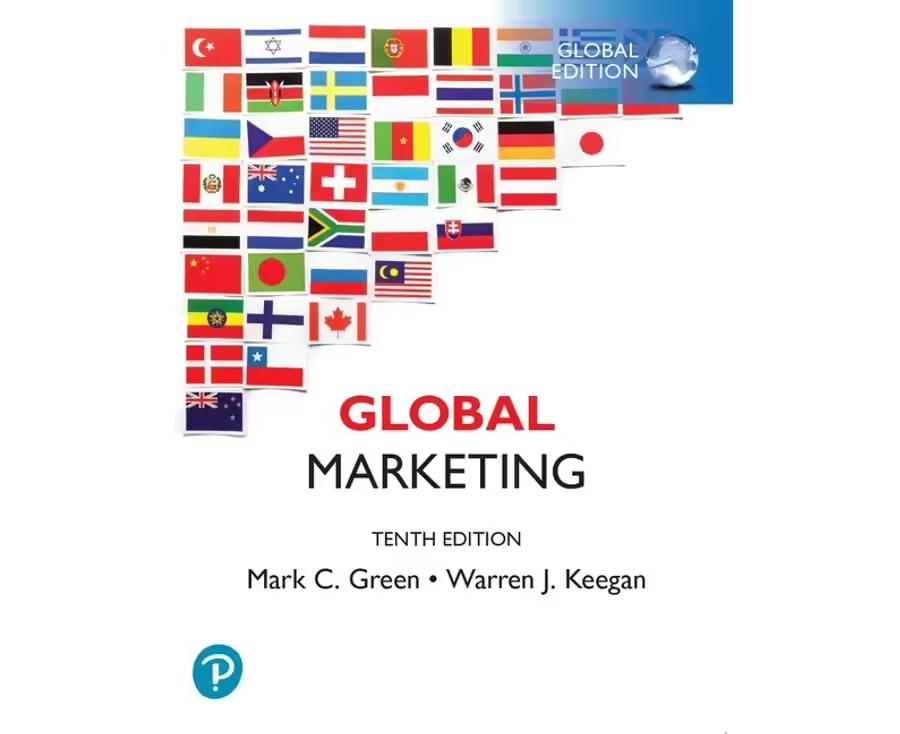On November 7, 2017, people in Russia and around the world paused to observe the 100th anniversary
Question:
On November 7, 2017, people in Russia and around the world paused to observe the 100th anniversary of the Bolshevik revolution and the creation of the Soviet Union. Following Vladimir Lenin’s death in the early 1920s, Josef Stalin seized the levers of power and engineered his country’s economic transformation from a nation of impoverished peasants into a modern industrial power. In doing so, Stalin created a totalitarian police state. Soviet industrialization helped the Allies defeat Nazi Germany in World War II, after which Stalin embarked on expansionist policies that laid the groundwork for a Cold War with the West.
Nikita Khrushchev became the new leader upon Stalin’s death in 1953. In 1956, he famously pounded a shoe on a podium at the United Nations and warned the West, “We will bury you!” The following year, the Soviet Union launched a dog into orbit aboard the Sputnik 2 spacecraft, heating up the space race with the United States.
Despite such achievements, by the mid-1970s the country’s leadership was dominated by an aging Politburo, and the Soviet Union had slipped into a state of stagnation and decay. After Ronald Reagan won the 1980 U.S. presidential election, he was determined to win the Cold
War. When the Kremlin tried to achieve parity with the United States on defense spending, the Soviet Union was soon bankrupt. The Cold War effectively ended in 1991, after Mikhail Gorbachev’s reform-oriented policies of glasnost and perestroika led to the dissolution of the Soviet Union. In the twenty-first century, Russia continues to be transformed by political and economic change. In 2000, Vladimir Putin was elected president. When President Putin hosted the Group of Eight Summit in St. Petersburg in 2006, the moment marked Russia’s arrival on the world stage. Putin took advantage of the opportunity to present his country in a positive light. The public relations effort included a two-hour television broadcast during which Putin answered questions submitted from around the world via the Internet. Putin was also Time magazine’s 2007 “Man of the Year.”
In 2006, flush with dollars from oil exports, the Russian government lifted all currency controls and made the ruble freely convertible in world markets. Although per capita gross national income (GNI) in Russia is only $9,720, Russian shoppers spend billions each year on luxury goods, tourism, and foreign real estate. Today, affluent Russians can shop at boutiques that offer Versace, Burberry, Bulgari, and other exclusive brands.
Despite the positive publicity, the phrases managed democracy and state capitalism have been used to describe the arbitrary exercise of state power in Russia. The Kremlin limits foreign investment in strategic industries such as oil; the term renationalization has been applied to the process by which state-owned enterprises (SOEs) acquire their rivals. Terms such as crony capitalism and kleptocracy refer to the rampant corruption and bribery prevalent among Putin loyalists.
Questions
1. Discuss why the Putin government decided to pursue legal action against the members of Pussy Riot.
2. What impact will the Magnitsky law have on the political and legal environment in Russia?
3. Russia hosted the 2018 World Cup, with matches held in St. Petersburg, Kaliningrad, and other cities. Did the event generate favorable publicity that enhanced Russia’s standing
on the world stage? Or was the press coverage negative?
4. As the chief marketing officer of a global company, would you recommend establishing operations in Russia?
Step by Step Answer:






